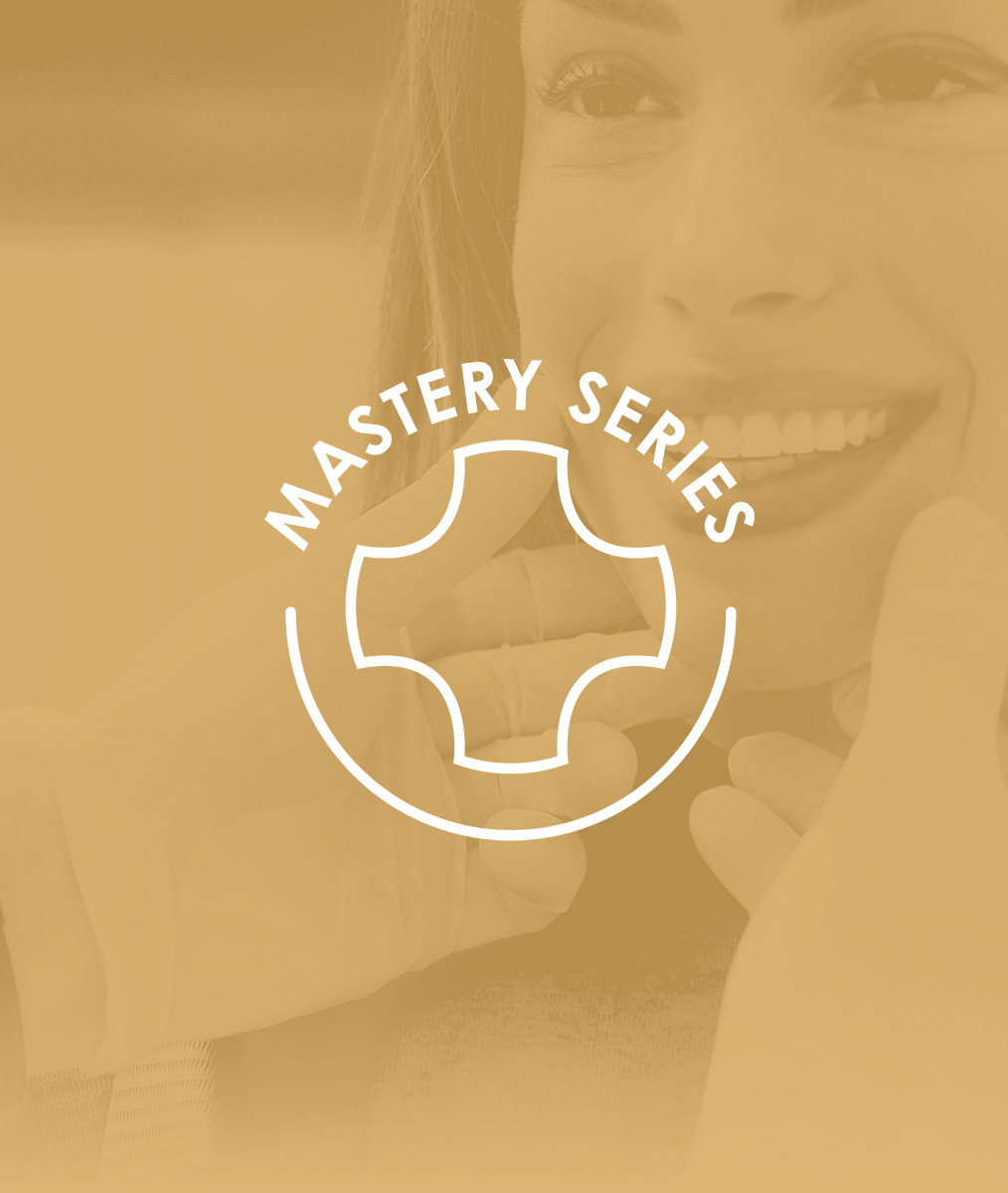
Here. Now.
While communicating, we can learn to become more mindful of the emotions which are rising up in our body and the sensations we are feeling on an intuitive level. We can begin to notice what has happened that has triggered our initial response, as well as feeling the sensations it has created in our body.
This requires us to remain in a state of curiosity and observation rather than in assessment and judgment. And when we treat these thoughts and sensations with equanimity, we are less likely to react inappropriately during stressful situations.
When I mention staying curious, I mean to approach the experience with the curiosity of a child.
When we remain curious, we are inspecting our experience like a child who has seen a flower for the very first time. This helps take the power away from the strong emotions we might be feeling in that moment. To paraphrase Mary Osborne from this past weekend at The Pankey Institute Annual Meeting, “You are standing on the balcony, and not on the floor.”
This whole mindfulness practice is extremely important as it gives us a chance to hit the pause button.
And when we pause, we’re able to respond rather than simply react. Reactions are often what our limbic brain wants us to thoughtlessly do. And if we have developed an insensitive pattern of reacting over the years, it can lead to regret and suffering. Hence, by developing an ability to pause our limbic brain’s instant impulses, we become more capable of responding in a much wiser fashion.
Mindfulness is at the epicenter of a truly relationship-driven practice.
And it’s a skill which can be developed and enhanced over our lifetime. Hence, it’s at the epicenter of “knowing ourselves” as well.
Related Course
Mastering Aesthetic Restorative Dentistry
DATE: November 21 2024 @ 8:00 am - November 24 2024 @ 12:00 pmThis course is sold out Aesthetic dentistry is where artistic form meets functional restorative dentistry. Where patients, clinicians, specialists and laboratory technicians communicate with each other in an effective way…
Learn More>






